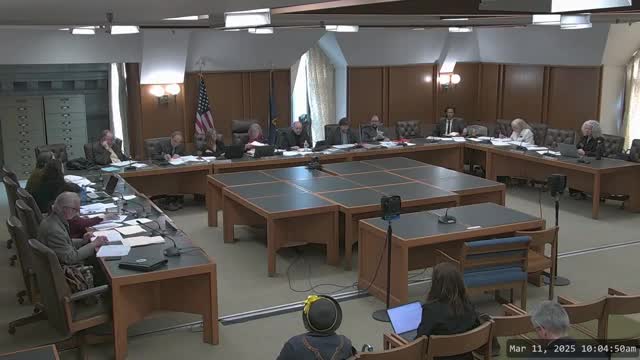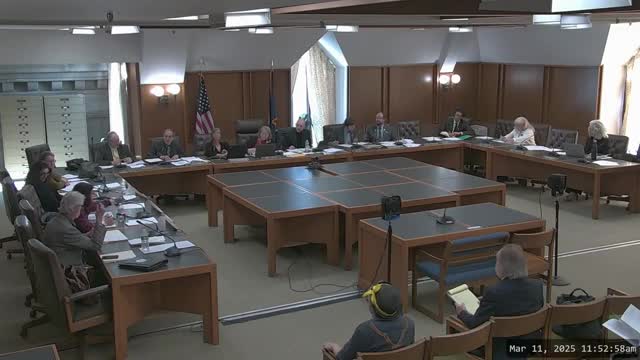Article not found
This article is no longer available. But don't worry—we've gathered other articles that discuss the same topic.

Draft amendment narrows powers to alter confiscated animals; committee debates euthanasia, imminent‑danger exception

Lawmakers press for clearer "aquifer" language, debate monitoring and setbacks in landfill bill

